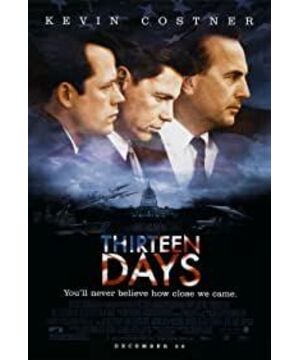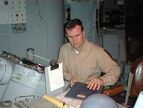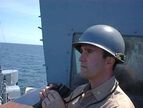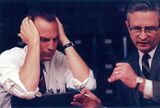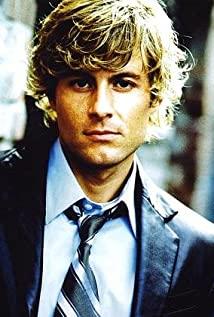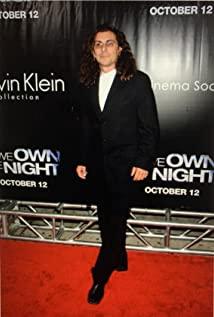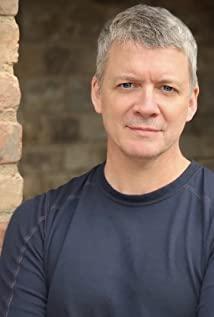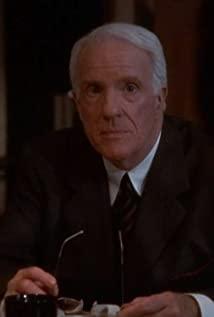In political science, the arms race between two countries can be described by the "prisoner's dilemma". Both countries have two options: increase their arms (betrayal), or reach an arms reduction agreement (cooperation). In the absence of contact, neither country can be sure that the other will abide by the agreement, so both countries will eventually tend to increase their arms. It seems paradoxical that while the increase in arms would be a "rational" action for both countries, the result appears "irrational". However, in the end, the two countries broke through this "dilemma" and chose to cooperate. The classic case of this game, the "Prisoner's Dilemma", reached the Nash equilibrium, as Kennedy said at the end of the credits: it was also a victory for the Soviet Union. It is true that I think the United States and the Soviet Union have contributed to an optimal outcome, which is: a win-win situation, because both Khrushchev chose to withdraw from the corresponding nuclear bases, and the United States also promised not to attack or assist other countries in attacking Cuba, and in Withdrawal of missiles in Turkey within half a year to reach cooperation. In the end, the most extreme approach - air strikes (nuclear war) was avoided. This kind of firm dovish style, as Kennedy once said: It is immoral to give up one's own judgment.
In this game against "who is the weakest", as President Kennedy, every decision is not made independently, but he took the final decision on himself, which was obviously the most sensible approach at that time. . At that time, it was not only a contest between Kennedy and Khrushchev, but also a contest between hawks and doves, the policy advisers to the president in the United States. Throughout the process of deliberating on countermeasures, the hawks headed by the Air Force Chief of Staff always insisted on air strikes, and believed that the president's denial of air strikes and insistence on blockade was a cowardly act. Hawks have always advocated strong diplomatic means or active military, with a tough style. In this game, Kennedy, who is dovish in itself, has no shortage of advice and support from his policy adviser Kenny O'Connor and his brother Robert Kennedy when he insists on his decision. For thirteen days of considerable tension, the hawkish Bauer, General LeMay, approved nuclear readiness as a secondary defense without the President's permission. When Kennedy learned this news, Kennedy said to the chief of staff very angrily: I have the right, I am the commander-in-chief of the three armed forces of the United States, and it is up to me to decide when to go to war. This tough aura is no less than a hawk! ! Adopting the advice of dovish policy advisers and insisting on the blockade is not an act of cowardice, but out of consideration for the lives of American citizens and even the world. As the President's special assistant Kenny said: If the sun will rise tomorrow, it will be because someone has good intentions.
Finally, I really think Kennedy's actor is so handsome, not a liberal arts student. I heard that Kennedy in history is the most handsome president of the United States. Hahaha, a little crazy.
View more about Thirteen Days reviews


